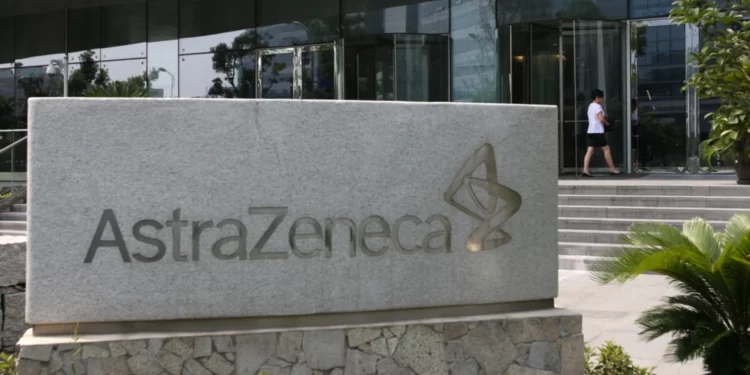The British-Swedish biotech company, AstraZeneca generated $5.96 billion (£4.59 billion) profits last year, made these remarks at a round table conference at the Department for Environment, Food, and Rural Affairs last week to discuss a new global levy on drugs based on digital forms of biodiversity.
AstraZeneca has threatened to lay off employees at its UK facility if the government pushes for a global initiative where companies share profits from the genetic codes of nature.
These comments were made when the pharmaceutical company was campaigning against profit-sharing measures.
The British-Swedish biotech company, AstraZeneca generated $5.96 billion (£4.59 billion) profits last year, made these remarks at a round table conference at the Department for Environment, Food, and Rural Affairs last week to discuss a new global levy on drugs based on digital forms of biodiversity.
The genetic codes of nature that are stored digitally are called digital sequence information (DSI). It is becoming more significant in the pharmaceutical and biotech industries for developing new drugs.
Biodiverse countries are angry about DSI usage by MNCs developing commercial products. Most of the remaining biodiversity is present in underdeveloped countries. The free use of this genetic information leads to biopiracy, and they argue that companies should share their profits when they use indigenous species to create commercial products.
The world leaders have already agreed that benefits be shared equally. They have gathered in Biodiversity Cop16 in Cali, Colombia, to discuss what form that sharing should be.
The ideas discussed include a 1% global tax on profits on goods made from DSI if implemented by the UK government, which could cost the Cambridge-based company up to $60 million [this figure is the maximum as the entire profit would not be on DSI].
Most of the pharmaceutical companies objected to this profit-sharing plan. AstraZeneca would invest £650 million in its UK business, including £450 million for the vaccine research and Liverpool manufacturing plant. However, a source said any levy would impact the jobs in north-west England.
Some companies have even threatened to limit access to their biodiversity without any proper agreement on how revenue is shared. It would be a setback for commercial and scientific research. The proceeds from the global fund would be to preserve nature and prevent the continued destruction of the environment.
Eva Zabey, the CEO of Business for Nature, stated that the growth of an economy is dependent on nature. Thus, it is fair that there should be an equal distribution of the revenue derived through the natural resources obtained through digital sequencing. Companies have the responsibility to contribute financially and non-financially to using natural resources.
The UK government is considering imposing compulsory national policies, although any DSI levy would be voluntary.
Pharmaceutical industry representatives strongly opposed the idea of mandatory feel because it would hurt the competitiveness with countries, especially the US, which is not part of the UN biodiversity process and would not impose any levy.
Richard Torbett, CEO of the Association of the British Pharmaceutical Industry, warned that imposing a levy on UK-based companies was poorly targeted, especially to the critical global issue.
He claimed it would prevent British research necessary for public health. Multilateral benefit-sharing should support conservation, innovation, and economic growth, but compulsory levies would only prevent UK companies from innovational medical research.
Steve Bates, CEO of the UK Bioindustry Association, stated that the levy discussed at the summit would only be a barrier to innovation and business growth, and they discussed it with the UK government delegation.
On Friday, the negotiations on DSI at Cop16 will come to an end.
An AstraZeneca representative anticipates that other industry representatives in the room on October 15 will express their frustrations about the effect of the levy on the businesses. They also dismissed the claims that they didn’t threaten to move operations or lay off employees. They added that the company supports the stance taken by the International Federation of Pharmaceutical Manufacturers and Associations (IFPMA).has context menu

















